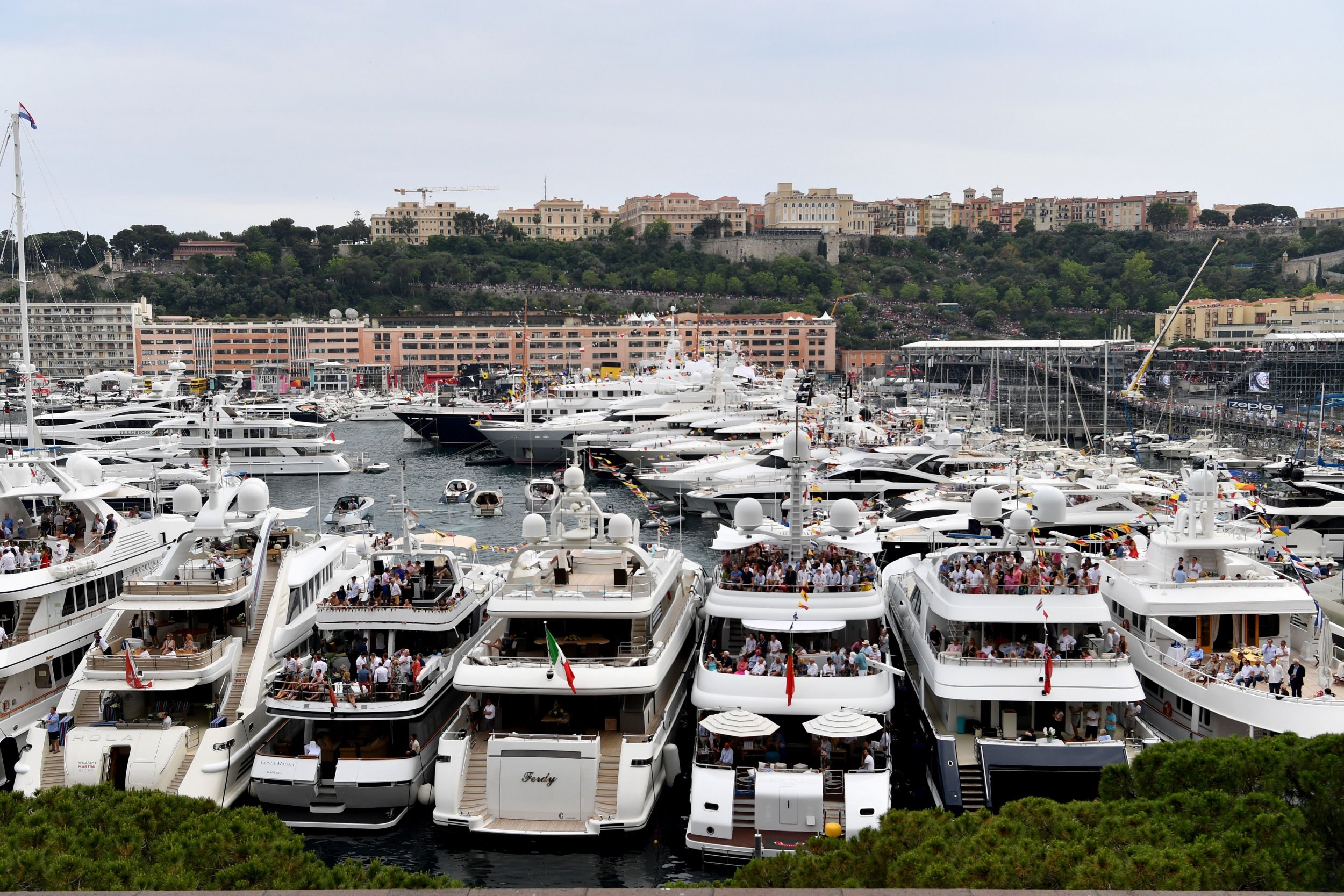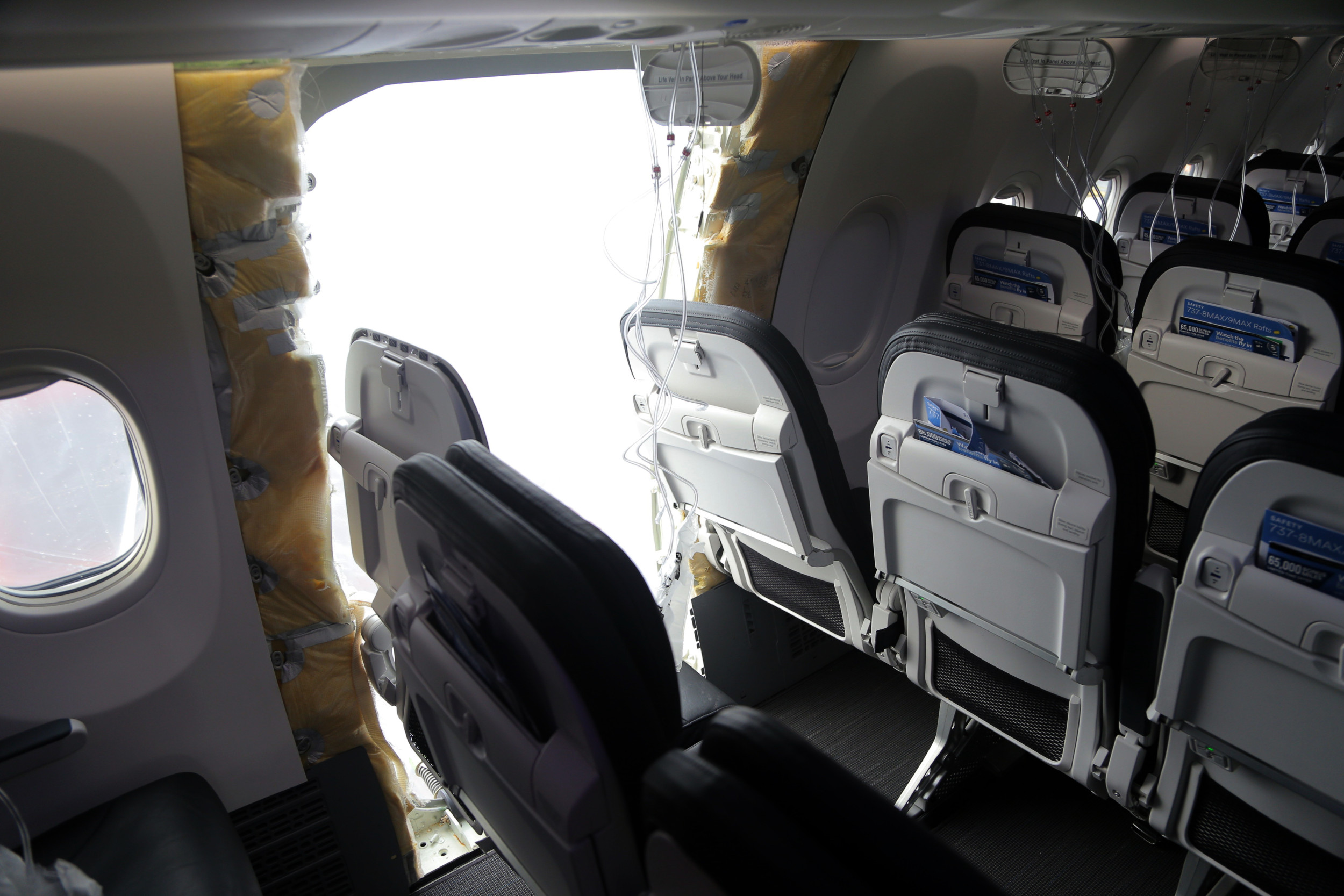
Global wealth inequality is continuing to reward a handful of billionaires at the expense of the world's poorest people, a new report has warned.
In its "Public Good or Private Wealth" report, development charity Oxfam noted that the 26 richest billionaires on Earth now own as much wealth as the poorest 3.8 billion humans combined—half the global population.
Oxfam released its annual wealth analysis to mark the start of the World Economic Forum in Davos, Switzerland—the yearly event bringing together top business leaders, politicians and economists.
Last year was a profitable one for the world's 2,200 billionaires, who increased their wealth by 12 percent in 2018. This totaled $900 billion, meaning their fortunes swelled by around $2.5 billion per day. By contrast, the world's poorest 50 percent saw their total wealth decrease by 11 percent.
These trends left just 26 people owning as much as the poorest 3.8 billion. And the gulf is widening with speed—in 2017, 43 billionaires owned the same as the world's poorest half, while in 2016 it was 61 billionaires.
The report also found that between 2017 and 2018 a new billionaire was created every two days. The decade since the financial crisis has been a success story for the world's richest, and in the 10 years since the financial crisis the total number of billionaires has doubled.
Oxfam singled out Jeff Bezos, the world's richest man and owner of Amazon, as an example of the staggering wealth enjoyed by the most elite billionaires. Now worth around $112 billion, just 1 percent of Bezos's fortune is equivalent to the health budget of Ethiopia, a country of 105 million people.
Matthew Spencer, Oxfam's director of campaigns and policy, told the The Guardian: "The massive fall in the number of people living in extreme poverty is one of the greatest achievements of the past quarter of a century but rising inequality is jeopardizing further progress."
The report warned that "chronic underfunding" in public services by national governments was exacerbating the widening gap. Lack of access to good health care and education, for example, were two of the most pressing concerns. Oxfam said around 10,000 people die each year due to lack of healthcare, while around 262 million children are not in school because their parents cannot afford the related fees, uniforms or equipment.
Winnie Byanyima, Oxfam's executive Director, said: "The size of your bank account should not dictate how many years your children spend in school, or how long you live—yet this is the reality in too many countries across the globe. While corporations and the super-rich enjoy low tax bills, millions of girls are denied a decent education and women are dying for lack of maternity care."
Oxfam suggested governments should introduce a wealth tax and more stringent restrictions on offshore banking to help fund better public services. The charity claimed that a 0.5 percent tax on the richest 1 percent of people would cover the cost of educating the 262 million children out of school and fund healthcare saving the lives of 3.3 million people.
"It doesn't have to be this way—there is enough wealth in the world to provide everyone with a fair chance in life," Spencer added. "Governments should act to ensure that taxes raised from wealth and businesses paying their fair share are used to fund free, good-quality public services that can save and transform people's lives."
Uncommon Knowledge
Newsweek is committed to challenging conventional wisdom and finding connections in the search for common ground.
Newsweek is committed to challenging conventional wisdom and finding connections in the search for common ground.
About the writer
David Brennan is Newsweek's Diplomatic Correspondent covering world politics and conflicts from London with a focus on NATO, the European ... Read more
To read how Newsweek uses AI as a newsroom tool, Click here.








